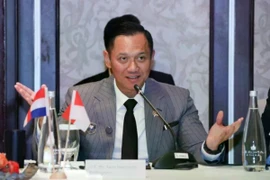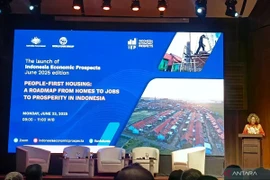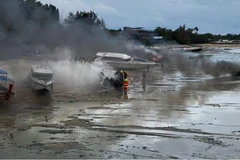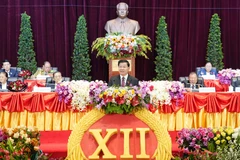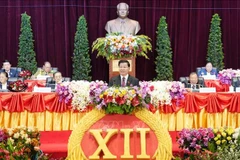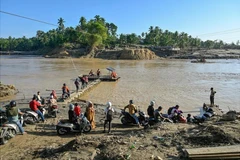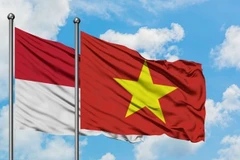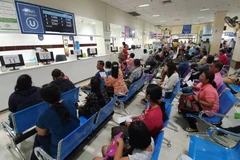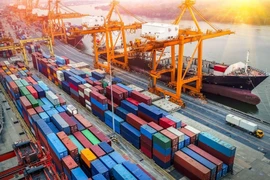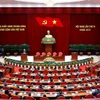Jakarta (VNA) – The Jakarta Geopolitical Forum 2025, organised by Lemhannas RI (the Indonesian National Resilience Institute), opened in Jakarta on June 24.
This strategic annual forum gathers geopolitical experts, scholars, and politicians to share perspectives and discuss issues significantly impacting national and regional resilience. Alongside Indonesian ministries and agencies, the event features 12 ambassadors and representatives from 15 countries.
This year’s forum focuses on geoeconomic fragmentation and energy security, specifically how nations build resilience and adaptability amid disrupted global supply chains, energy crises, and great-power dynamics.
At the forum, Indonesia’s Minister of Energy and Mineral Resources Bahlil Lahadalia emphasised that energy security is extremely essential amid global geopolitical and economic fragmentation.
He noted the need for the energy industry to strengthen resilience and responsiveness in the face of fluctuating oil prices and the shift to clean energy. Lahadalia stressed Indonesia’s strategy: promoting renewable energy, downstream processing, and industrialisation to address current geopolitical challenges.
The minister highlighted that the Indonesian Government has prioritised downstream value-addition of strategic commodities to reduce reliance on raw material exports. The country is actively seeking opportunities and overcoming challenges to ensure sustainable national energy during global energy transitions, while crafting policies and incentives to stimulate domestic industrialisation based on local resources.
Talking to the Vietnam News Agency, Jordan Lee, Director of Energy and Climate at the Tony Blair Institute for Global Change, shared that tensions in the Middle East are strongly affecting all nations, especially Southeast Asia, and Vietnam is already feeling the impacts via trade pressures on its economy and energy security.
Lee believes intra-ASEAN cooperation is crucial to enhance collective resilience and energy security amid these geopolitical challenges.
The forum is expected to produce policy recommendations that will be submitted to the Indonesian Government as guidance for future foreign policy, energy security, and national development strategies.
Over the two-day event, four panel discussions will focus on downstream processing, industrialisation, and energy resilience in response to global geopolitical changes, global economic trends and power balance in promoting renewable energy policy, the role of renewable energy in a changing global geopolitical and economic landscape, and adaptive strategies in global cities to strengthen energy and economic resilience./.

Indonesia concludes FTA talks with Eurasian Economic Union
Coordinating Minister for Economic Affairs Airlangga Hartarto and EAEU Trade Minister Andrey Slepnev jointly declared the conclusion of FTA talks on the sidelines of the 28th St. Petersburg International Economic Forum (SPIEF 2025), according to the statement.
